Successful Interviews
1. Know yourself
Early in your job hunt, be self-aware and confident. Make lists of your strengths, skills, achievements, and hobbies.
2. Research the job
Before applying, make sure you understand what the company is looking for in a candidate. Analyze job postings, check the employer's career page, and reach out to current employees to learn about the desired skills and values.
3. Think about yourself in relation to the job
Take your time to carefully go through the job description. For each requirement, see if you can showcase why you're a better fit than other candidates.
4. Conduct some practice interviews
Consider asking friends and family to help with practice interviews, Reviewing Common Interview Questions, and Practicing Your body language and handshake.
5. Dress appropriately
Dress one level above the expected attire for your job interview. For example, if it's casual or uniformed, go for "business casual.
There are exceptions. For instance, it makes sense to wear a lot of makeup to an interview at Sephora. However, unless they're common in the job you're applying for, career counselors advise against certain fashion choices which are listed below:


